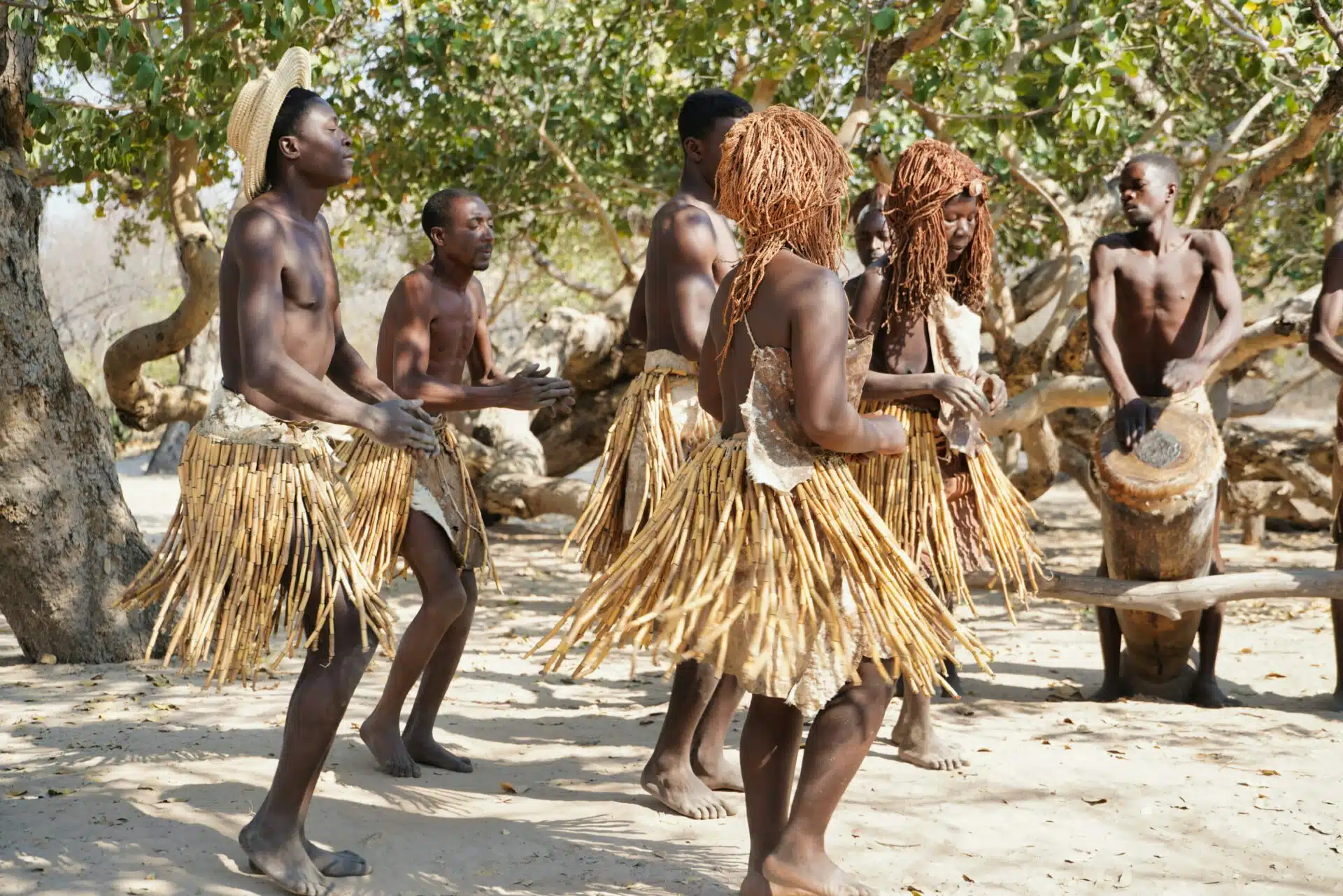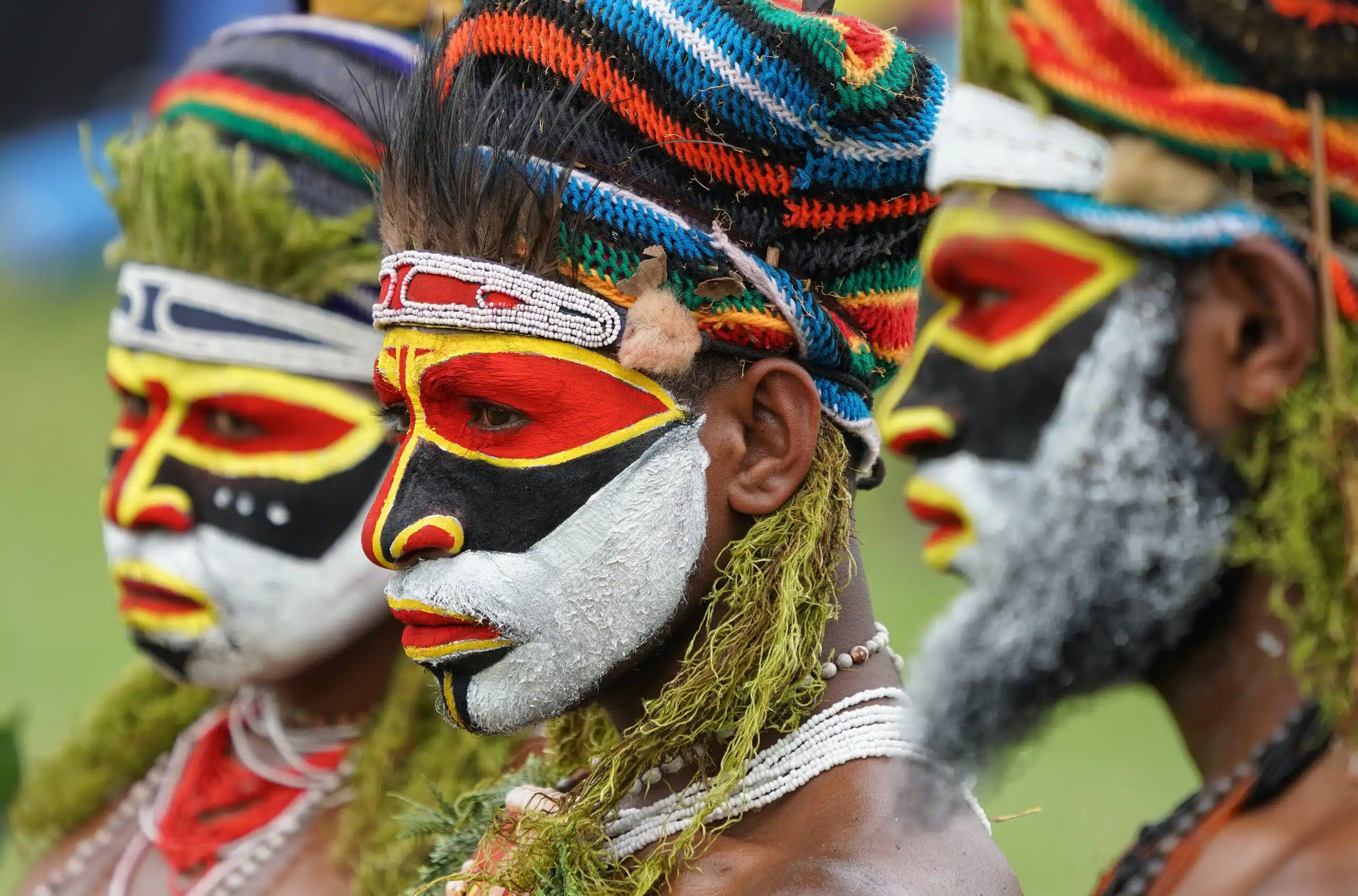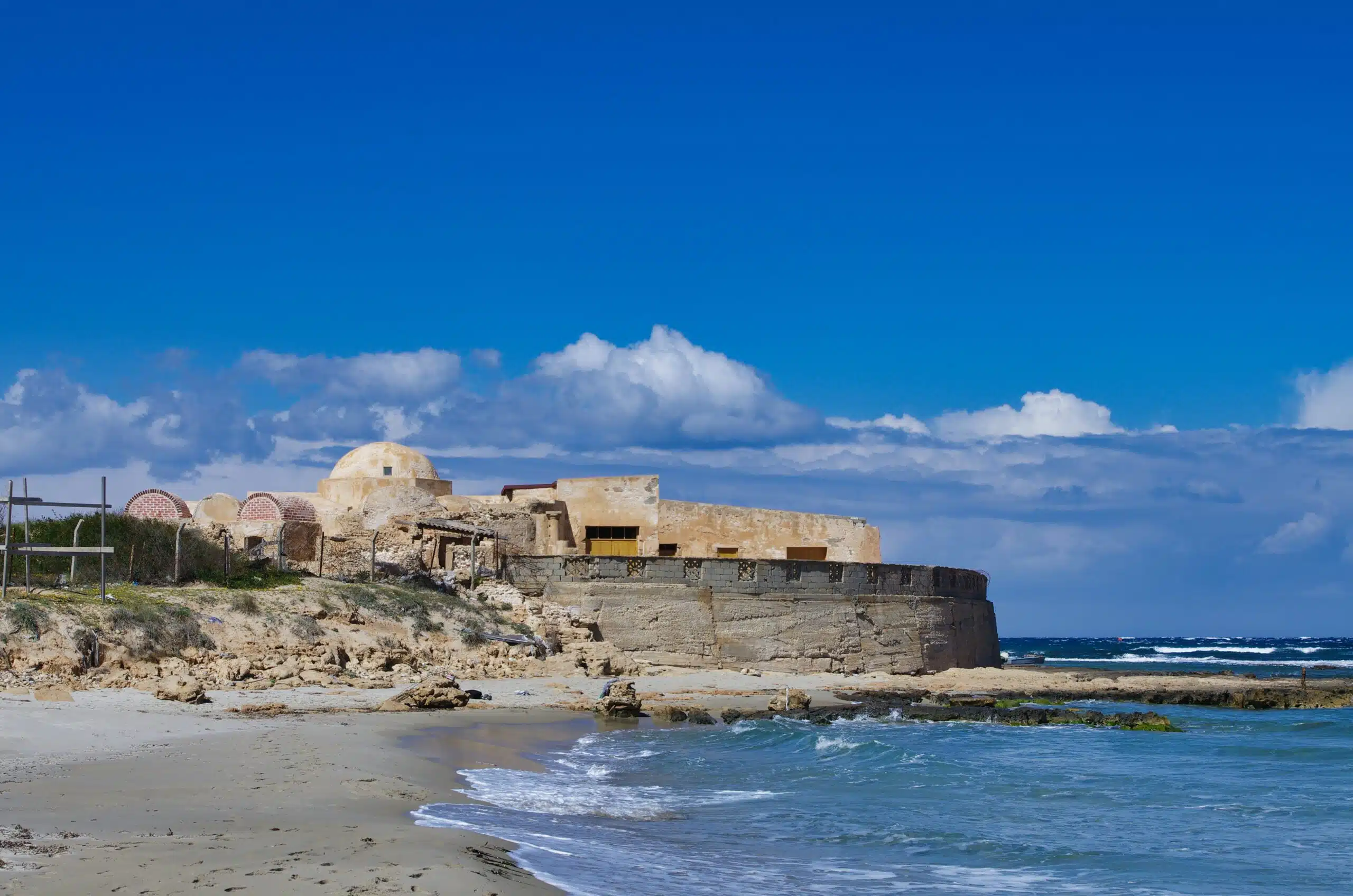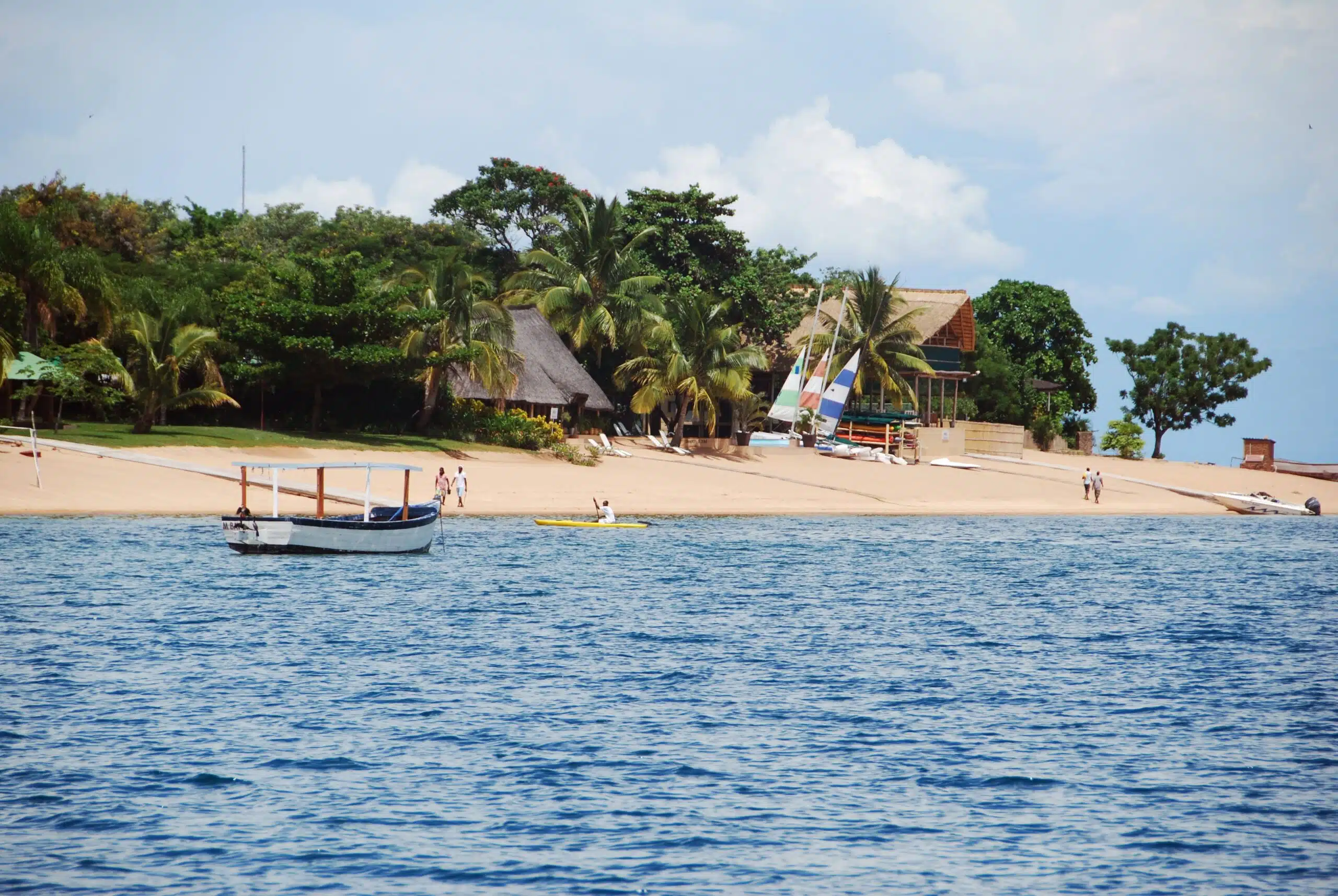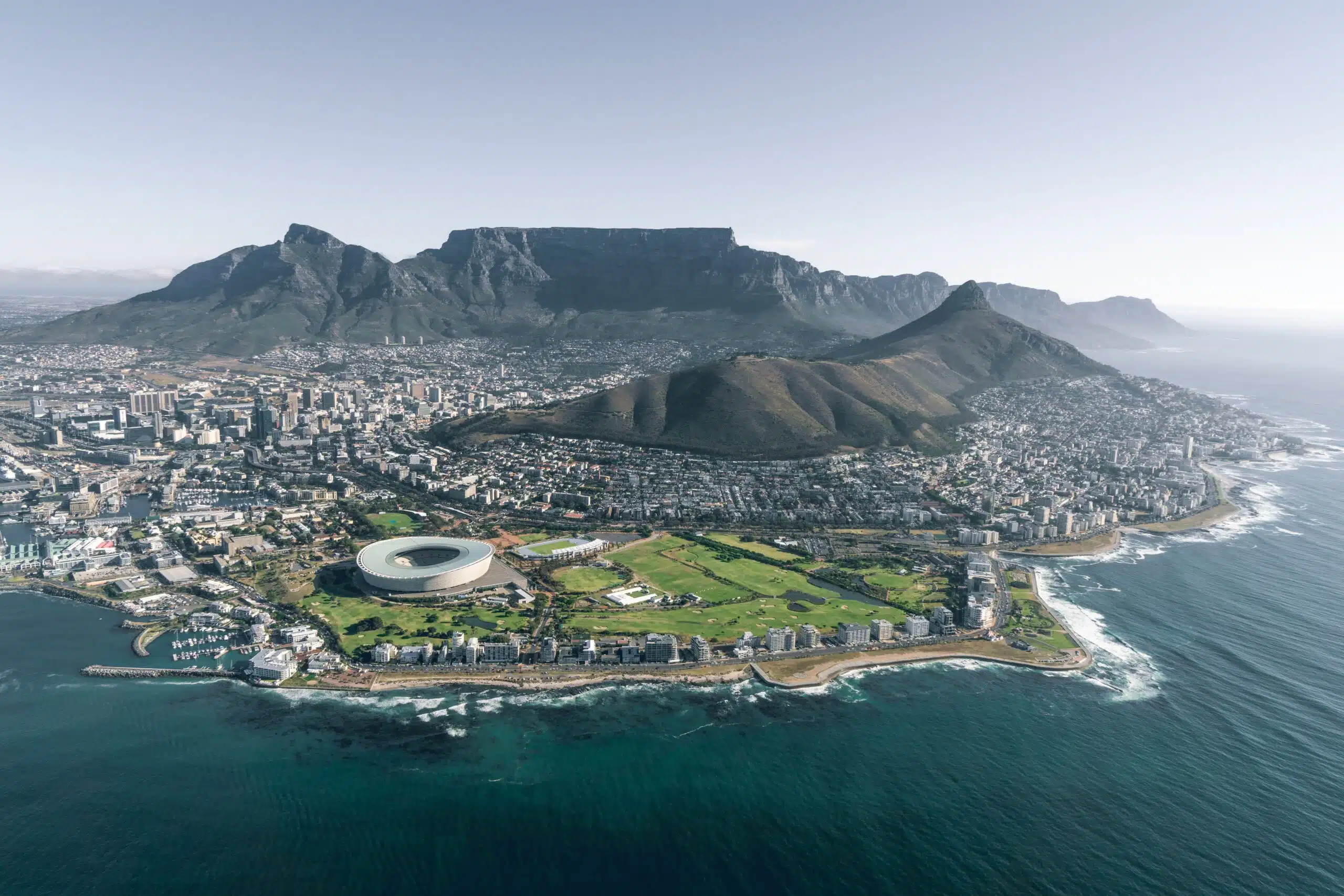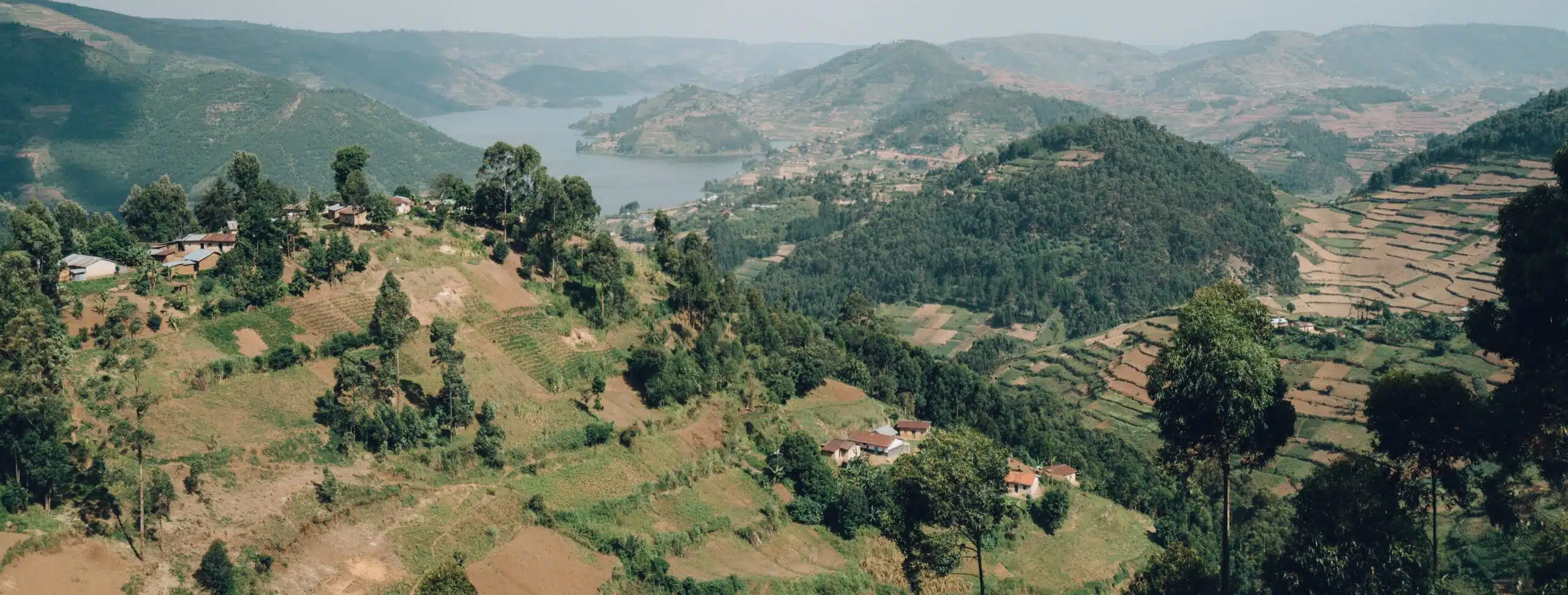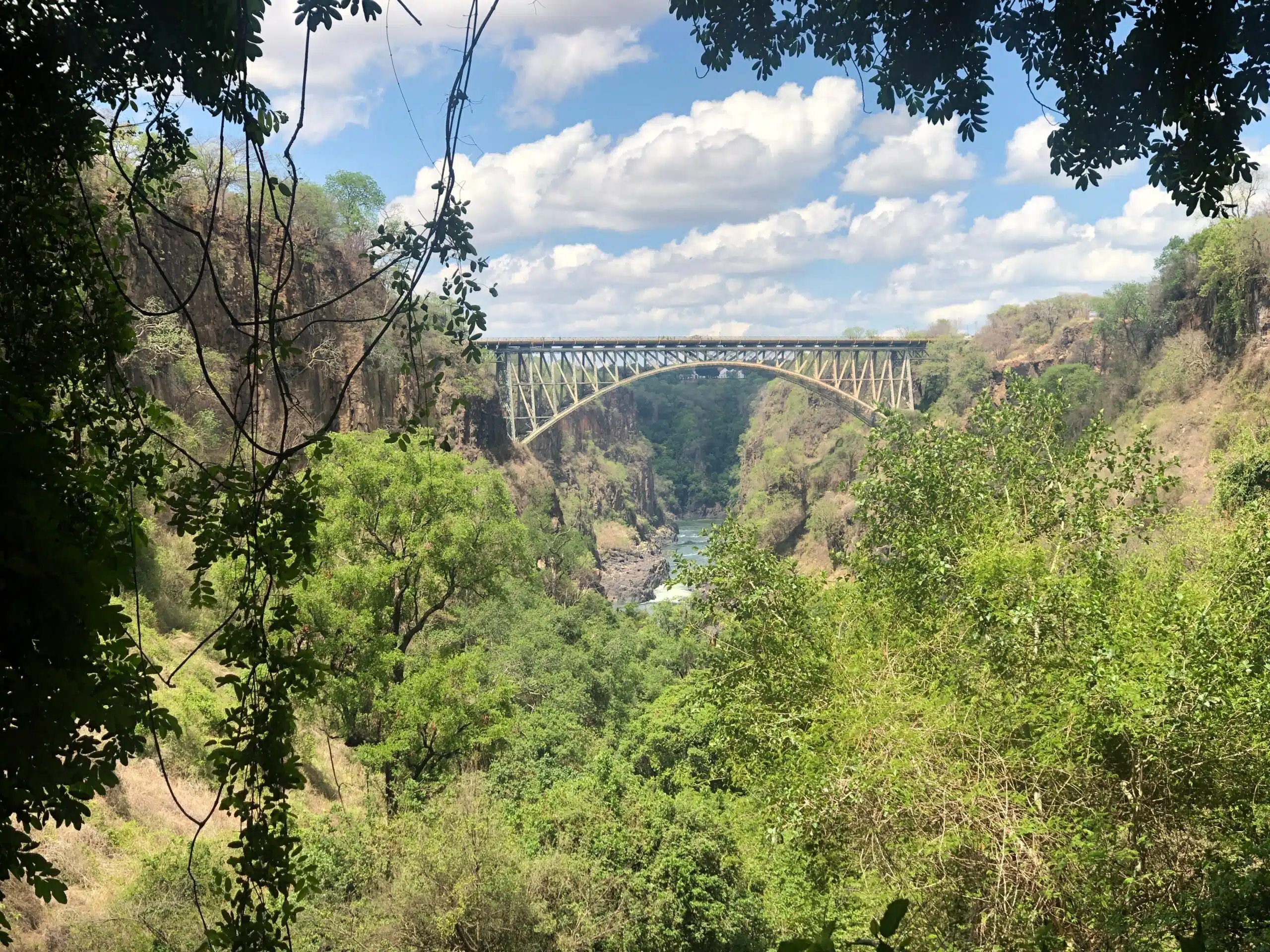Teach English In Madagascar
a world of opportunities
Join a global community of over 200,000 TEFL teachers working throughout the world! Enrol me!
Contents
Introduction
Teaching opportunities
Teaching requirements
Start your TEFL journey
How to begin teaching in Madagascar
Madagascar is the fourth-largest island in the world, situated in the Indian Ocean off the east coast of Africa. It has a colourful history involving pygmies, Polynesian migrants, Bornean sailors, Arabian traders, and French, Portuguese, and British settlers, so you can imagine the fascinating cultural complexity of the island.
Not only can Madagascar offer a melting pot of cultural practices and traditions, but it also has an amazing array of flora and fauna. Madagascar is most famous for its populations of lemurs but these are by no means the full extent of the island’s diversity: chameleons, tortoises, and iguanas all call Madagascar home. It further boasts a dramatic forest landscape with peculiar-looking baobab and aloe trees. In fact, Madagascar is often referred to as the 8th continent by ecologists because over 80% of the species found on the island are not found anywhere else in the world.
If you’re looking for some adventure, Madagascar can offer gorgeous beaches where you can snorkel the coral reefs, and bustling markets where you can buy spices; it is especially known for its coffee and vanilla. For those interested in trying new cuisines, the seafood salad should not be missed. So while Madagascar can be, on the one hand, a relaxing beach escape, it can also be a glimpse into a fascinating historical mix of cultures and peoples.
Having been separated from the African continent over 165 million years ago, it’s extraordinary how plant and animal life has evolved and continued to evolve since its discovery by humans. As mentioned above the country is known to have over 70 species or sub-species of lemurs in the world. A new species of lemur was discovered here in 1985.
Madagascar is also home to both the biggest and smallest chameleons in the world. The biggest is the Parsons Chameleon named in honour of British physician James Parsons. The Parsons Chameleon is arguably the most recognizable chameleon in popular culture, whereas the smallest chameleon in the world is the Brookesia minima also known as the Madagascan Dwarf Chameleon or Minute Leaf Chameleon. A maximum total length of a male is 1.1 inches and females are 1.3 inches; they are part of the endangered species list.
If you are planning to travel to Madagascar don’t plan to do it in a hurry. It’s estimated only 11% of the roads throughout the country are paved, making it hard to travel long distances and the likelihood of impassable routes during your journey is high. Most of the rental companies won’t allow you to hire a car without also hiring a personal driver.
Teaching opportunities
Malagasy is the main language spoken in Madagascar, though some French is also spoken. In 2003 the government introduced the teaching of English in primary schools and since then the need for English instruction has increased dramatically, making teaching positions readily available. Besides primary schools, you are also able to find jobs in language schools and education centers for adult learners.
There is a big volunteer market here but you are still able to find paid positions. The bonus with jobs here is that you will probably be given accommodation, as well as an assistant teacher to help you out in the classroom.
Teaching requirements in Madagascar
Teaching English in Madagascar can be an exciting and rewarding opportunity for those who have a passion for education and cultural exchange. Unlike some other countries, a degree is not required to teach English in Madagascar.
The typical contract length for teaching positions is 9 months, and positions are available year-round. To work in Madagascar as an English teacher, you will need to obtain a work visa. English teachers in Madagascar can expect to teach a diverse range of students, including children and adults.
The average monthly cost of living in Madagascar ranges from 1,800,000-2,500,000 MGA ($400 – $560), while the average monthly salary for English teachers is between 2,500,000-3,700,000 MGA ($560 – $840). With its unique flora and fauna, beautiful landscapes, and rich cultural heritage, teaching English in Madagascar can be a unique and fulfilling experience.
Start your TEFL journey with The TEFL Academy
Would you like to teach English as a foreign language around the world? Great! You’re in the right place. The TEFL Academy provides the very best in accredited TEFL courses, meaning your qualification is recognised throughout the world. The TEFL Academy is the world’s leading TEFL course provider. We can help you acquire the skills needed to do TEFL (teach English as a foreign language). Check out our TEFL internships, volunteer placements and the thousands of jobs on our exclusive TEFL jobs board.
Contents
How to begin teaching in Madagascar
Madagascar is the fourth-largest island in the world, situated in the Indian Ocean off the east coast of Africa. It has a colourful history involving pygmies, Polynesian migrants, Bornean sailors, Arabian traders, and French, Portuguese, and British settlers, so you can imagine the fascinating cultural complexity of the island.
Not only can Madagascar offer a melting pot of cultural practices and traditions, but it also has an amazing array of flora and fauna. Madagascar is most famous for its populations of lemurs but these are by no means the full extent of the island’s diversity: chameleons, tortoises, and iguanas all call Madagascar home. It further boasts a dramatic forest landscape with peculiar-looking baobab and aloe trees. In fact, Madagascar is often referred to as the 8th continent by ecologists because over 80% of the species found on the island are not found anywhere else in the world.
If you’re looking for some adventure, Madagascar can offer gorgeous beaches where you can snorkel the coral reefs, and bustling markets where you can buy spices; it is especially known for its coffee and vanilla. For those interested in trying new cuisines, the seafood salad should not be missed. So while Madagascar can be, on the one hand, a relaxing beach escape, it can also be a glimpse into a fascinating historical mix of cultures and peoples.
Having been separated from the African continent over 165 million years ago, it’s extraordinary how plant and animal life has evolved and continued to evolve since its discovery by humans. As mentioned above the country is known to have over 70 species or sub-species of lemurs in the world. A new species of lemur was discovered here in 1985.
Madagascar is also home to both the biggest and smallest chameleons in the world. The biggest is the Parsons Chameleon named in honour of British physician James Parsons. The Parsons Chameleon is arguably the most recognizable chameleon in popular culture, whereas the smallest chameleon in the world is the Brookesia minima also known as the Madagascan Dwarf Chameleon or Minute Leaf Chameleon. A maximum total length of a male is 1.1 inches and females are 1.3 inches; they are part of the endangered species list.
If you are planning to travel to Madagascar don’t plan to do it in a hurry. It’s estimated only 11% of the roads throughout the country are paved, making it hard to travel long distances and the likelihood of impassable routes during your journey is high. Most of the rental companies won’t allow you to hire a car without also hiring a personal driver.
Teaching opportunities
Malagasy is the main language spoken in Madagascar, though some French is also spoken. In 2003 the government introduced the teaching of English in primary schools and since then the need for English instruction has increased dramatically, making teaching positions readily available. Besides primary schools, you are also able to find jobs in language schools and education centers for adult learners.
There is a big volunteer market here but you are still able to find paid positions. The bonus with jobs here is that you will probably be given accommodation, as well as an assistant teacher to help you out in the classroom.
Teaching requirements in Madagascar
Teaching English in Madagascar can be an exciting and rewarding opportunity for those who have a passion for education and cultural exchange. Unlike some other countries, a degree is not required to teach English in Madagascar.
The typical contract length for teaching positions is 9 months, and positions are available year-round. To work in Madagascar as an English teacher, you will need to obtain a work visa. English teachers in Madagascar can expect to teach a diverse range of students, including children and adults.
The average monthly cost of living in Madagascar ranges from 1,800,000-2,500,000 MGA ($400 – $560), while the average monthly salary for English teachers is between 2,500,000-3,700,000 MGA ($560 – $840). With its unique flora and fauna, beautiful landscapes, and rich cultural heritage, teaching English in Madagascar can be a unique and fulfilling experience.
Start your TEFL journey with The TEFL Academy
Would you like to teach English as a foreign language around the world? Great! You’re in the right place. The TEFL Academy provides the very best in accredited TEFL courses, meaning your qualification is recognised throughout the world. The TEFL Academy is the world’s leading TEFL course provider. We can help you acquire the skills needed to do TEFL (teach English as a foreign language). Check out our TEFL internships, volunteer placements and the thousands of jobs on our exclusive TEFL jobs board.

Download the World TEFL Factbook
We have created a unique TEFL World Factbook of teaching abroad guides in over 100 countries to help TEFL teachers decide where in the world to teach English. Each country profile outlines everything a TEFL teacher would need to know including average pay, living costs, working environments and even the weather!
Download TEFL Factbook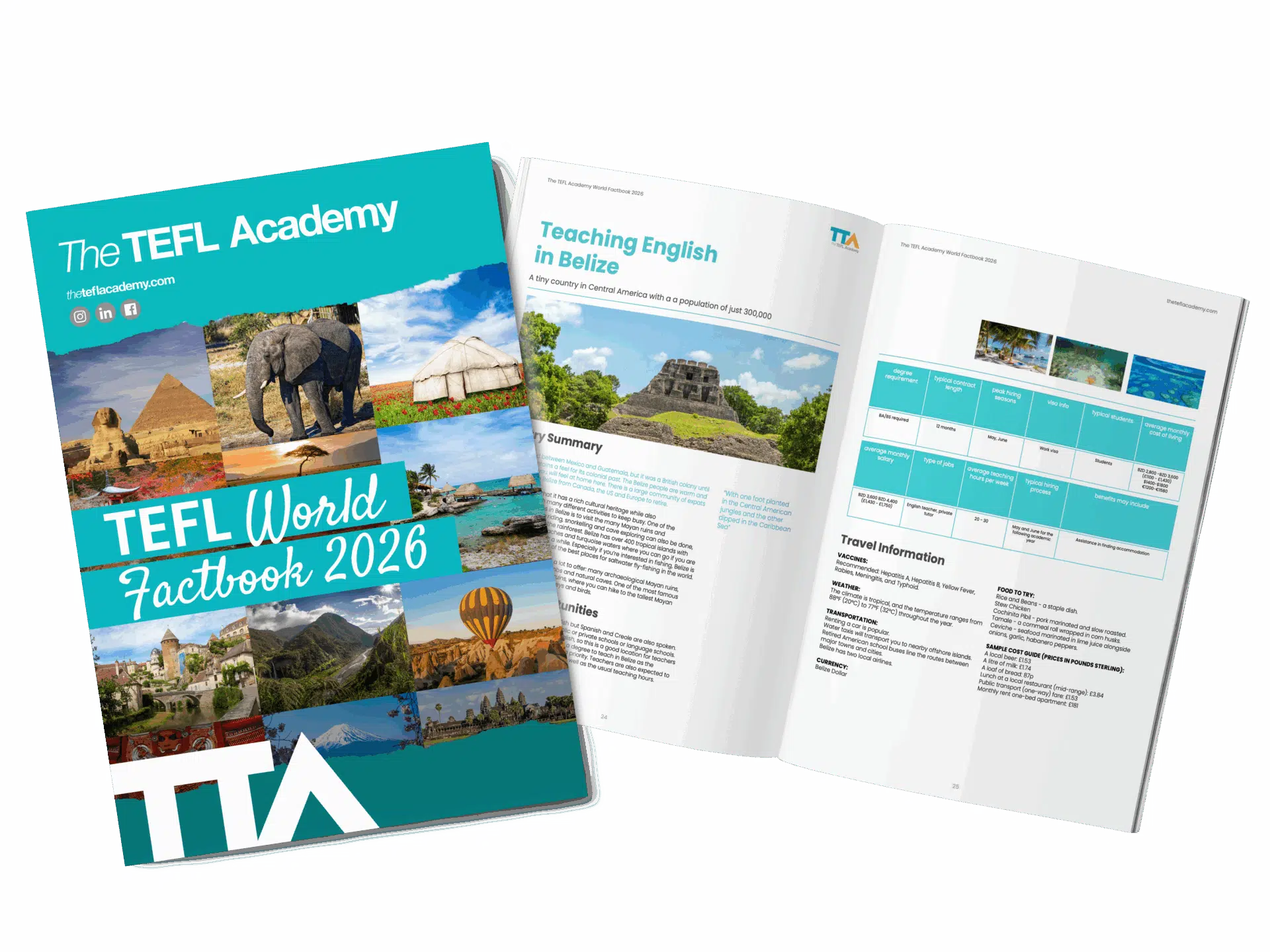
Other Places In Africa
View AllTeach English Abroad Articles
View All-
 Teacher's Toolkit
Teacher's Toolkit10 Essential Classroom Tips For TEFL Teachers
2026-02-24
-
 Resources
ResourcesStirrers And Settlers: The Secret To Perfect Classroom Energy Management
2026-02-23
-
 Teaching English Abroad Jobs
Teaching English Abroad JobsThe Digital Nomad’s Guide To Teaching English Online In Taiwan: What It’s Really Like
2026-02-19
-
 Teach and Travel
Teach and TravelCelebrating Chinese New Year
2026-02-16
-
 Teaching English Abroad Jobs
Teaching English Abroad JobsSpecialised TEFL: Teaching Legal English
2026-02-15
-
 Teacher's Toolkit
Teacher's ToolkitTeacher Talk Time Vs Student Talk Time
2026-02-10
 United States
US
United States
US










